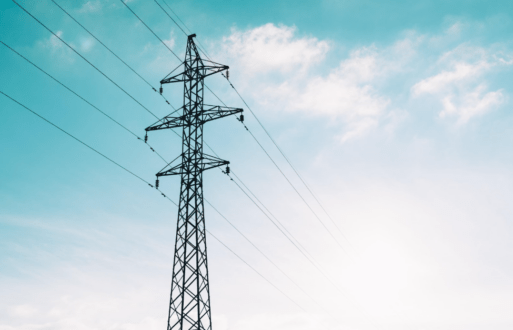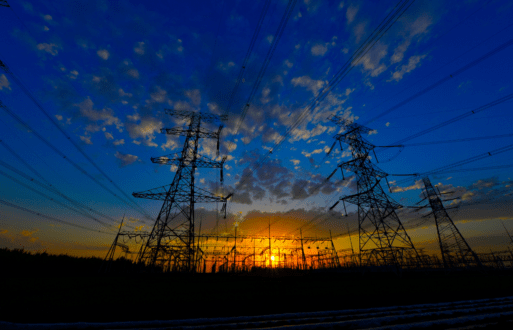New York’s electric generation fleet has historically been comprised of a relatively diverse mix of fuel types, including hydro, nuclear, oil, coal, natural gas, and various renewable resources. As is the case across the U.S. energy market, technological developments, economic and environmental considerations, as well as public policies are transforming the grid and driving changes in the resource mix.
“Stressed System” Conditions
Technological advancements have resulted in materially altering the cost of natural gas, driving significant development of gas-fired generation – the demand for which may challenge the ability to meet loads under certain “stressed system” conditions. Further, more than 3,200 MW of such (stressed) capacity within New York may soon cease operation due to age, and by 2028, this amount will increase to more than 8,300 MW.
Environmental regulations and public policies have accelerated the development of clean energy resources in New York, including wind and solar generation. The state’s Clean Energy Standard requires 50% of the energy consumed to be generated from renewable resources by 2030. The transition to greater reliance on clean energy technologies will also require increasing operational flexibility to more quickly adapt to changes in real-time energy production and distribution.
Changes to the portfolio of supply resources in New York highlight the potential for future challenges in meeting electric system demands under certain stressed conditions, such as prolonged cold weather events, as well as natural gas supply/transportation availability constraints or disruptions.
NYISO Looks Ahead
NYISO has approved a 2019 project to conduct a Fuel & Energy Security Initiative Study with the following objectives:
- Assess potential vulnerabilities and reliability gaps for a future study period by evaluating several fuel-related risks during projected extreme weather and other stress-inducing operating conditions
- Provide information on fuel and energy security initiatives already underway at other ISOs/RTOs.
- Develop recommendations for potential market and/or operational enhancements necessary to achieve desired improvements in grid resilience (if the study identifies such reliability risks).
NYISO proposes to conduct its assessment for Winter 2023-2024, which was chosen due to the timing of various key factors, that included:
- Planned retirement of the Indian Point nuclear units
- New York’s targeted time frame for retiring or converting its remaining coal-fired generation
- The expected implementation of new NOx emission requirements for older gas turbines
NYISO will primarily focus on an extended period of consecutive days of cold weather conditions, and the projected timeline to conclude the study is June 2019, with the final report being presented to stakeholders around that time.
PCI’s GenTrader platform provides market participants the ability to model and plan for the impact of fuel supply/fuel constraints (transportation, storage, and inventory management) in the near, mid, and long term. As part of an integrated solution with PCI’s GenManager market system, traders may easily incorporate opportunity costs into bids in order to fully recover costs.






